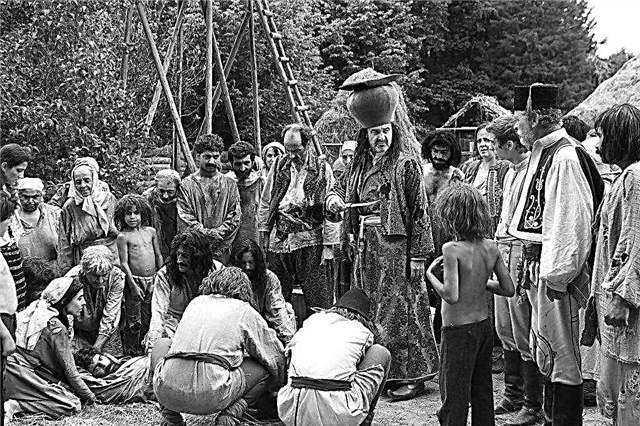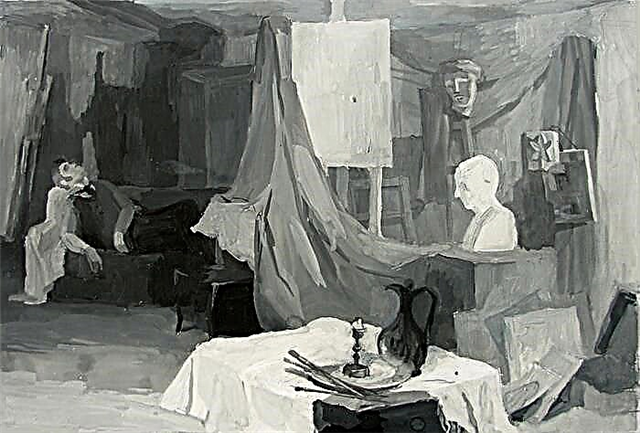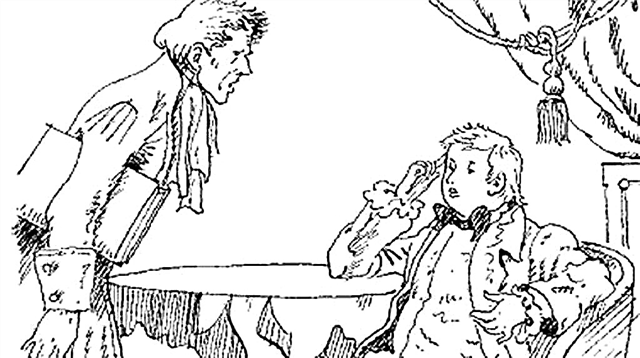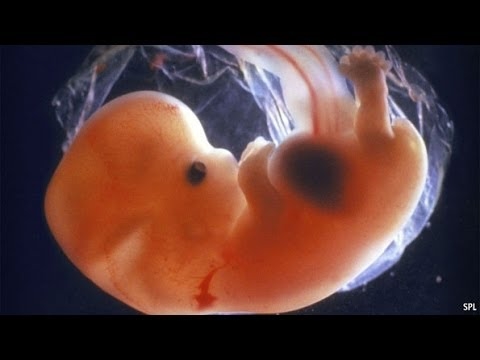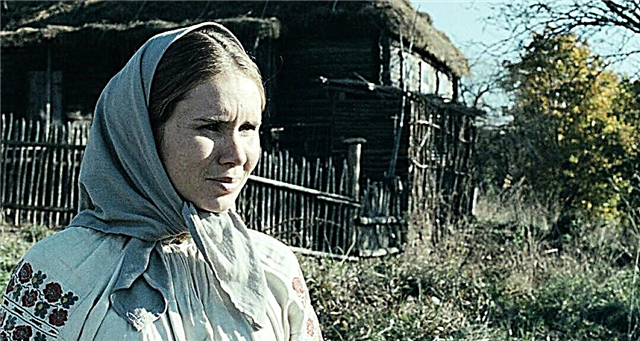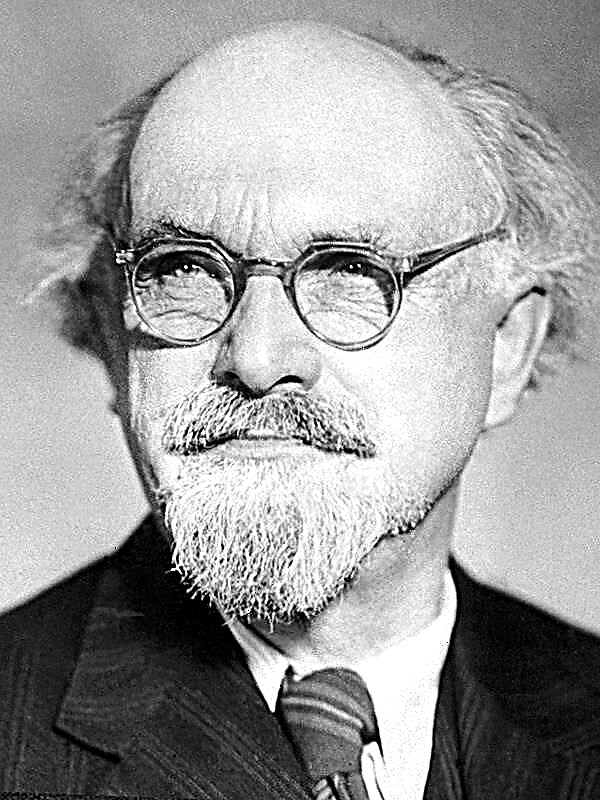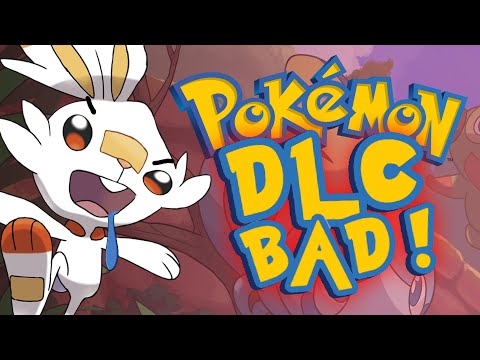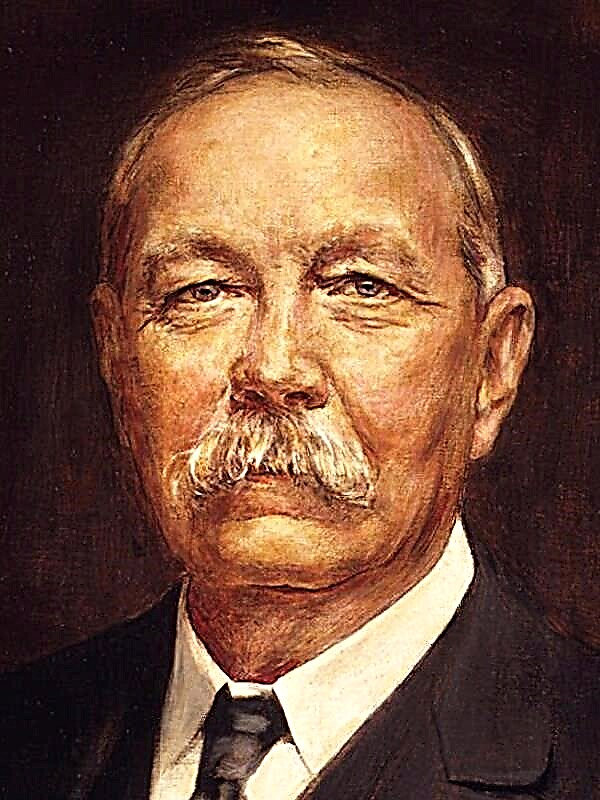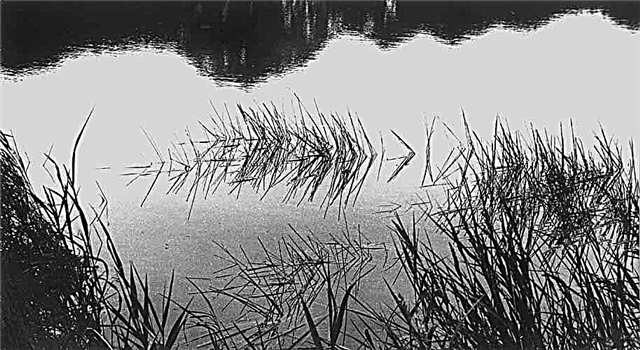The work is preceded by the author’s indication of a possible double reading of his work: one option is the consecutive reading of fifty-six chapters that form the first two parts of the novel, ignoring the third, which combines “optional chapters”; another option is the whimsical order of movement in chapters in accordance with the table compiled by the writer.
The action takes place in the 1950s.
Horacio Oliveira, a forty-year-old Argentinean with no particular occupations, lives in Paris very modestly with money, occasionally sent from Buenos Aires by wealthy relatives. His favorite pastime is wandering aimlessly around the city. Horacio had come here quite a long time ago following the example of his compatriots, who decided to go to Paris, as they say, to foster feelings. Immersed in himself, constantly analyzing his thoughts, experiences, actions, he is convinced of his “otherness” and deliberately contrasts himself with the surrounding reality, which he decisively does not accept. It seems to him that genuine being is beyond the boundaries of everyday life, and he constantly expects from the outside the resolution of his internal problems. Again and again, he comes to the conclusion that he "is much easier to think than to be and act," and his attempts to find himself in this life are "trampling in a circle, the center of which is everywhere and the circle is nowhere." Horacio feels absolute loneliness, such when it is impossible to count even on communication with himself, and then he stuffs himself in a movie, or at a concert, or to visit friends. He can not figure out the relationship with women - Frenchwoman Paula and Uruguayan Maga. Upon learning that Paula is sick - she has breast cancer - he stops dating her, finally making his choice. Maga wants to become a singer and takes music lessons. She is forced to leave her little son Rocamadour in the village near the nurse. To save a rather meager means, Horacio and the Magician decide to settle together. “We were not in love with each other, we simply indulged in love with detachment and critical sophistication,” Horacio will recall. Sometimes the Magician even annoys him, because she is not very educated, not so well-read, he does not find in it the refined spirituality to which she aspires. But the Magician is natural, immediate, she is the embodied universal understanding.
Horacio has a company of friends, which includes artists Etienne and Periko, writers Wong, Guy Mono, Osip Gregorovius, musician Ronald, ceramics Baps. They call their intellectual community the Snake Club and gather weekly in the attic of Ronald and Baps in the Latin Quarter, where they smoke, drink, and listen to jazz from the old, played records in the light of green candles. They spend hours talking about painting, literature, philosophy, habitually dive, and their communication is more likely not like a conversation of friends, but a competition of snobs. Studying the archives of the old, dying writer Morelli, who once conceived the book, and which remained in the form of scattered records, provides ample material for discussing the modern style of writing, avant-garde literature, which by its very nature is incitement, debunking and ridicule. The magician feels gray and insignificant next to such clever men, brilliant fanfarons of slavophrenia. But even with these people who are close in spirit and way of thinking, Horacio is sometimes painful, he does not feel deep affection for those with whom “by pure coincidence he crossed in time and space”.
When Rocamadour falls ill and Mage has to pick up the baby and take care of him, Horacio is unable to overcome annoyance and irritation. Indifferent leaves him and the death of the child. Friends who have arranged a peculiar court of honor cannot forgive Horacio either for his “elimination” at a difficult moment for Magee or for his insensibility in this situation. The magician leaves, and Horacio only now realizes that he loved this girl and, having lost her, lost his vital core. He turns out to be truly lonely and, having broken out of his already familiar circle, is looking for “brotherhoods” in the society of vagrants, but gets into the police and is sentenced to expulsion from the country.
And now, many years after leaving his homeland, Horacio again finds himself in Buenos Aires. He eke out a vegetative existence in the hotel room and indulgently tolerates the touching philistine care of Heckrepten. He maintains close contact with a friend of his youth Treveler and his wife Talita, working in the circus. Horacio is pleased with their company, but always experiencing a mania of spiritual seizures with friends, this time he is seriously afraid of "sowing doubts and disturbing the peace of good people." Talita somehow reminds him of the Magician, and he involuntarily reaches for her. Traveler is somewhat worried, noticing this, but he values friendship with Horacio, in conversations with whom he finds an outlet after suffering from a lack of intellectual communication for a long time. And yet, Horacio almost in passing did not destroy the happy love of friends.
The owner of the circus Ferraguto buys a psychiatric clinic, and all three get a job there. In an unusual environment, at first they find it difficult, and Horacio's psyche is more and more often observed, he is tormented by remorse, and he is becoming increasingly convinced that the Mage died through his fault. Having convinced himself that Traveler, out of jealousy, intends to deal with him, Horacio threatens to jump out of the window onto the slabs of a cobbled courtyard. The trusting tone and the correct behavior of Treveler make him postpone his plan. Locking himself in the room and looking out the window, Horacio thinks about a possible way out for himself: “It's a terribly sweet moment, when it is best to lean down a bit and let yourself go - clap! And the end! ” But below are loving, sympathetic, worried, anxious for him Treveler and Talita.
The finale of the novel remains open. Whether Horacio took his last step into the void or hesitated is up to the reader to decide. The alternation of episodes when Horacio, after an unfulfilled intention to settle accounts with her life again appears at home, can be just a near-death vision. And yet it seems that, having felt the reliable authenticity of human relations, Horacio will agree that “the only possible way to leave the territory is to get into it at the very top”.

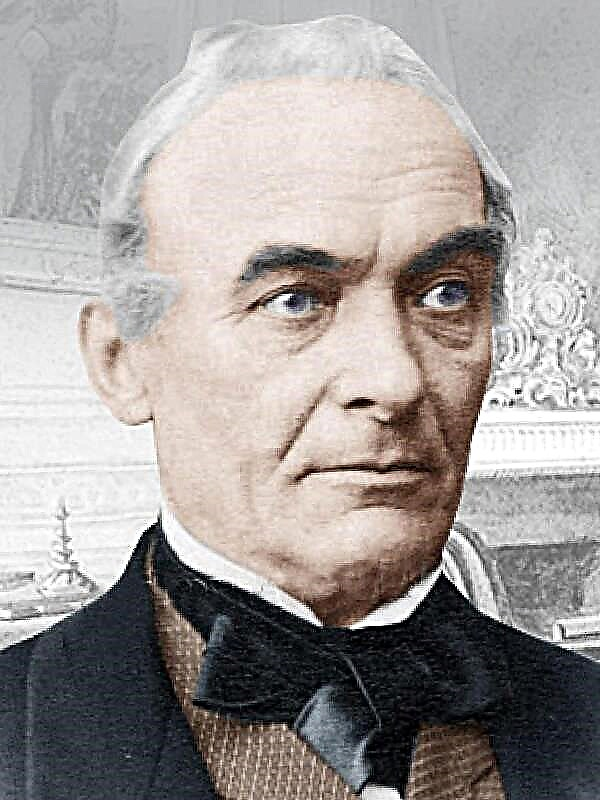
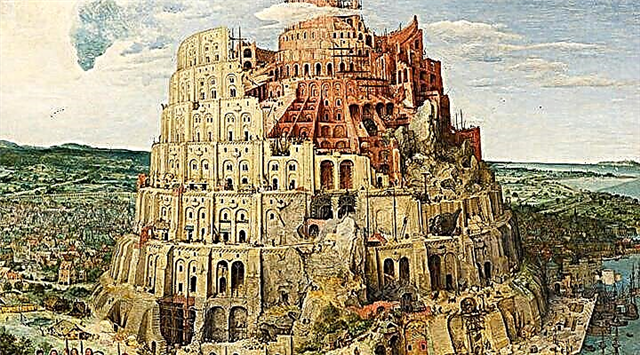 Hackers and artists
Hackers and artists